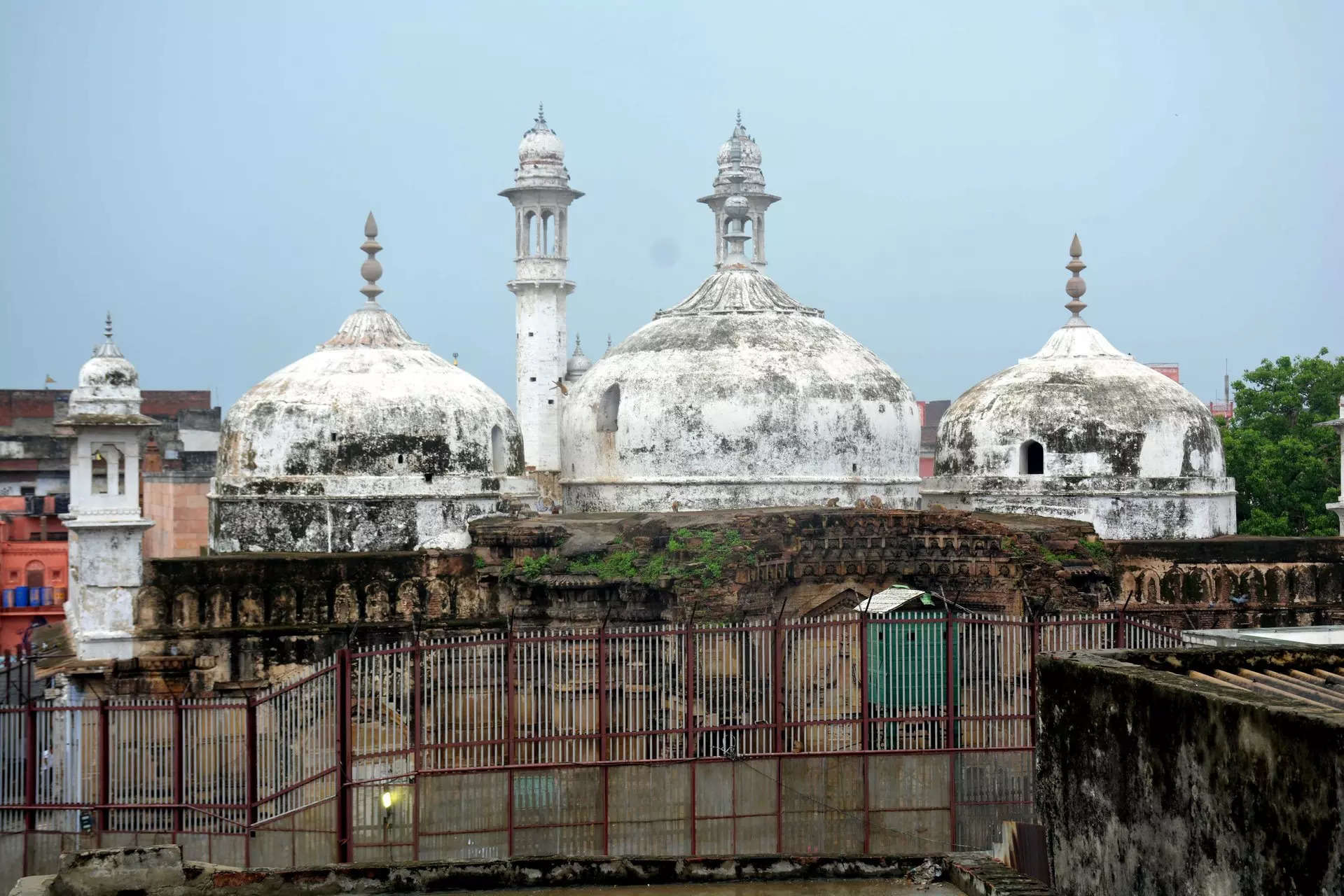Varanasi district court is set to present the Archaeological Survey of India’s (ASI) scientific report on the Gyanvapi mosque survey today, marking a crucial development in the ongoing legal proceedings. In the Gyanvapi Shringar Gauri case, the Hindu side is poised to present objections in response to the Anjuman Arrangements Masjid Committee’s plea, requesting the judge to present the ASI report in a sealed cover—a move contested by the Hindu side as a ‘violation’ of the Supreme Court judgment.
Hindu side lawyer Subhash Nandan Chaturvedi emphasized that the Supreme Court’s order dated August 4 explicitly stated that the report should not be filed in a sealed envelope. “An application of the Muslim side is also before the Court that the report be filed in a sealed envelope and this be not disclosed in the public domain until the report is disposed,” Chaturvedi added. The court is set to address the issue during today’s hearing, determining whether the report will be submitted in an open or sealed envelope.
Advocate Vishnu Shankar Jain, representing the Hindu side, asserted that presenting the survey report in a sealed envelope constitutes a “violation of the Supreme Court order.” The Hindu side has applied to the district court, seeking a copy of the report and opposing any potential gag order on media coverage. If the district court’s decision does not align with legal standards, Jain indicated that an appeal may be filed before the Supreme Court.
The ASI team conducted a comprehensive 92-day survey of the Gyanvapi complex, submitting the sealed survey report to the court. In August of the current year, the Allahabad High Court granted permission for the Archaeological Survey of India to survey the Gyanvapi mosque complex in Varanasi, leading to the current legal proceedings.
The outcome of today’s hearing is anticipated to have significant implications for the handling and disclosure of the ASI report, contributing to the ongoing debate surrounding the Gyanvapi mosque survey.
















